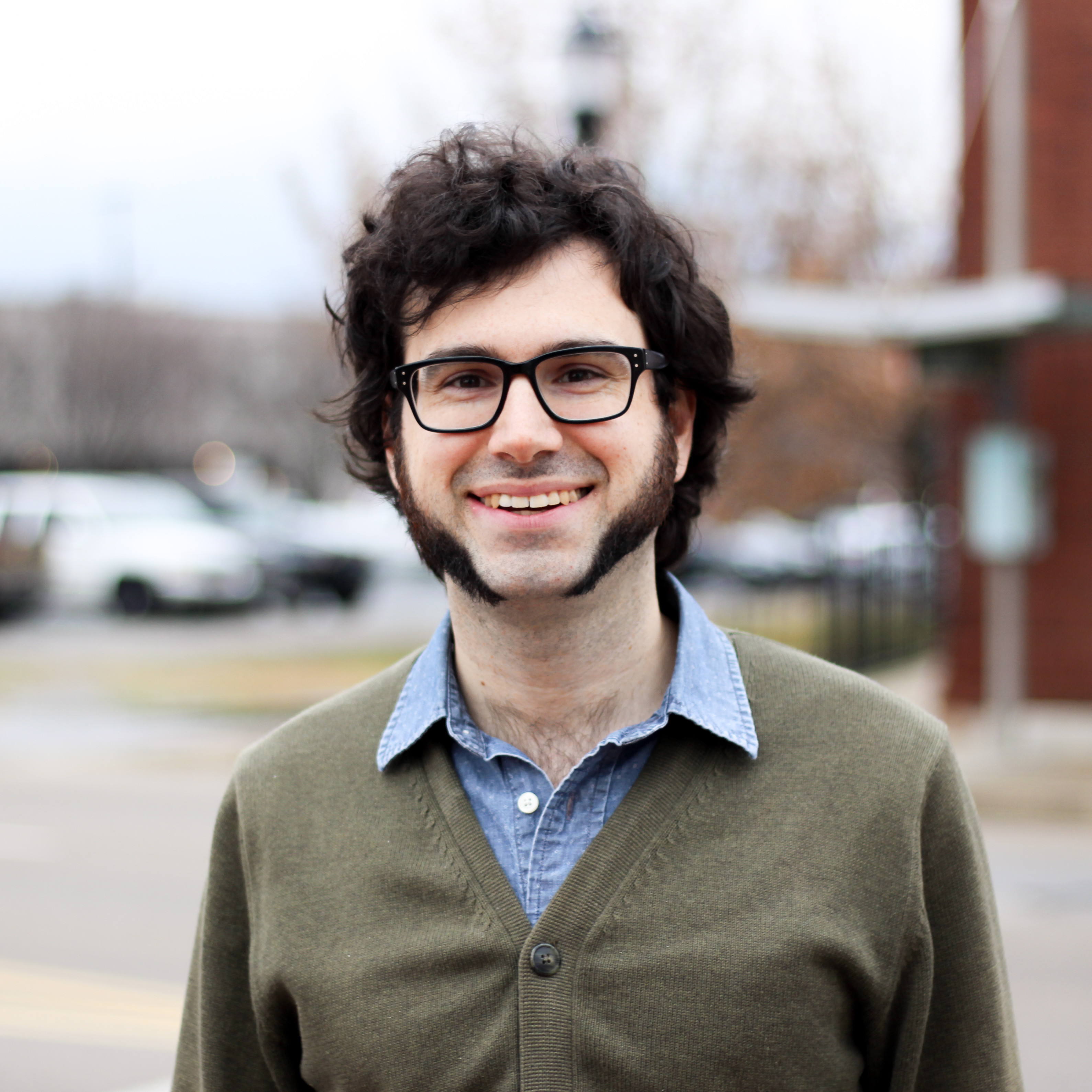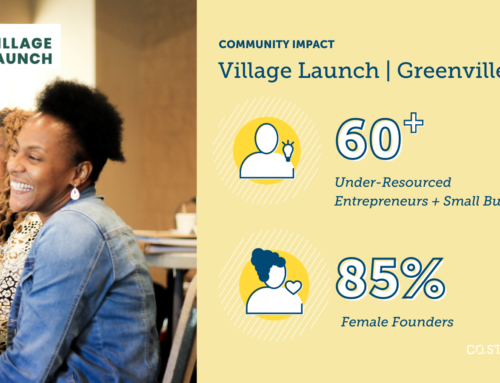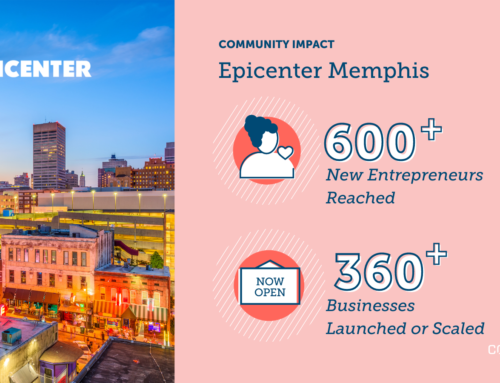Part six of a series from our founder on exploring a new approach to economic development that places individuals, families, and entrepreneurs at the center.
By Enoch Elwell
At CO.STARTERS, our team has the privilege of working with several groups of transformational leaders. Two of those groups are entrepreneurs and economic developers.
Superficially, these groups may appear to have little in common.
Economic developers usually work in the public sector and must take a systems-level approach to creating economic opportunity. The nature of the field often requires them to balance competing local political priorities in their quest to attract new employers and new jobs to their community.
Entrepreneurs are creatures of the private sector and are usually focused on solving very specific market driven problems. They create economic opportunities for their community by taking risk. Success usually requires a tight focus on the problem right in front of them.
However, today’s entrepreneurs are different. The entrepreneurs we support are typically driven by a holistic vision of creating equitable economic opportunity in their community. They believe that for their business to succeed, their employees and community must also succeed.
While some communities are lucky enough to have economic developers and entrepreneurs that share these values and collaborate frequently, many communities do not.
Here’s how we can change that.
-
Entrepreneurs and economic developers can increase their engagement with (or help build) a thriving entrepreneurial ecosystem.
Entrepreneurial ecosystems come in all shapes and sizes. Some are accelerated by economic developers. Others are led by entrepreneurs with a passion for seeing their fellow founders succeed.
The most successful ecosystems have significant collaboration between both. Combining the systems level approach inherent to economic development with the laser-focused, risk-friendly, and relationally rich community approach inherent to entrepreneurship creates an ecosystem with a high-potential for success.
“I had the privilege of leading an innovation district that was founded by an entrepreneur, although it was funded by our county’s economic development division,” said Megan McKissen, former founding director of OPO Startups in Missouri. “That entrepreneurial perspective played a big role in attracting dynamic startups, but the resources of our economic development department played a critical role in helping our founders succeed.”
-
They can both cast aside their pre-conceived notions about one another.
Entrepreneurs can have an unfavorable opinion about anything that seems like it came from the government, and economic developers can misunderstand the aggressive perspective of most business owners.
But successful ecosystem development occurs when both groups stop viewing each other through the lens of a pre-conceived bias. In reality, both want to see their communities succeed. To be clear, it’s not that these two groups are incompatible or dislike each other. They just come from different worlds, with differing context and perspectives.
And sometimes all it takes is organizing social interaction between the two.
“OPO Startups began when a group of founders and a group of economic developers traveled to Chicago to see the entrepreneurial ecosystems that were thriving in that city,” said McKissen. “Without the relationships that developed during that trip, our organization would have never existed.”
-
They can embrace a shared vision of the Next Economy.
Here’s how the team at CO.STARTERS defines the Next Economy:
The Next Economy is people centric. It recognizes the individual worth and values of each human being. The Next Economy revolves around individual measurements of health including equal access to living wages, to high-quality medical care and education, and the ability for individuals and communities to achieve their potential.
While we may not all articulate these goals the same way, a desire for a thriving Next Economy is shared by every economic developer and entrepreneur we work with. By engaging in generative conversations to more clearly articulate and embrace an explicit shared vision of our future, economic developers and entrepreneurs can speed up how fast we will arrive at our shared goals for a better tomorrow.
-
They can engage with organizations that help bridge the gap between the two.
Organizations like CO.STARTERS, the Kauffman Foundation, and others are focused on serving as a critical link between entrepreneurs, economic developers, and ecosystem builders. Trainings, conferences, and events hosted by organizations like ours bring these groups together using shared values and a common language.
Developing entrepreneurial ecosystems can also seem like lonely work, but while every community is different, we can often apply the lessons learned in Chattanooga to Albuquerque, and vice versa.
-
They can both embrace an exciting opportunity to lead the way to a better world.
Correction: They will embrace the exciting opportunity to create our Next Economy and the better world that will accompany it.
It is inevitable.
While there are differences between the way economic developers and entrepreneurs view the world and their communities, they both want to make a difference.
They both want to create opportunities for the places they call home.
And, despite all the bad news of 2020, this shared hope should give everyone with a passion to build a more prosperous, equitable world a reason for optimism.

ABOUT THE AUTHOR
Enoch Elwell is the founder and Chief Executive Officer of CO.STARTERS, as well as the co-founder of The Company Lab and a serial entrepreneur. He lives with his wife and children in Chattanooga, Tennessee. Follow him on LinkedIn, Medium, and Twitter for more thought leadership on economic development and entrepreneurship.
Stop creating silos in your entrepreneurial support system and start working together.
Economic developer or grassroots community builder—you can achieve the same goals for your community and economy. Talk with our team to find the programs and tools that will get things done in your community.



